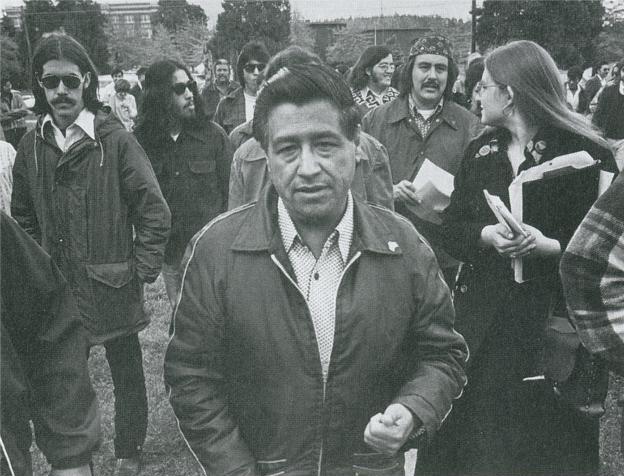User:100steelclaw

The Mexican American civil rights movement
[edit]The Mexican American civil rights movement emerged against a backdrop of systemic discrimination and marginalization faced by Mexican Americans in the United States. Dating back to the mid-19th century annexation of Mexican territories, Mexican Americans encountered racial segregation, economic exploitation, and limited access to education, employment, and political representation. The legacy of Jim Crow laws perpetuated segregation and unequal treatment, particularly in regions with significant Mexican American populations. World War II brought about demographic shifts and economic changes, as Mexican Americans migrated to urban areas in search of employment opportunities. Despite their contributions to the war effort, Mexican American veterans returned to a society still marked by racial inequality. Throughout the mid-20th century, activists and organizations such as the League of United Latin American Citizens (LULAC), the Community Service Organization (CSO), and later, the United Farm Workers (UFW), engaged in legal challenges, grassroots organizing, and advocacy to challenge discriminatory practices and secure equal rights under the law. Landmark legal cases like Hernandez v. Texas (1954) provided important victories, while leaders like César Chávez, Dolores Huerta, and Rodolfo "Corky" Gonzales mobilized communities and galvanized support for the cause. The Mexican American civil rights movement thus arose from a complex interplay of historical injustices, social activism, and the pursuit of equality and justice for Mexican Americans in the United States.
Cesar Chavez, born on March 31, 1927, in Yuma, Arizona, emerged as a prominent leader in the Mexican American civil rights movement, particularly within the realm of labor rights and agricultural activism. His upbringing as a farmworker exposed him to the harsh realities of exploitative working conditions, low wages, and discrimination faced by Mexican American laborers in the agricultural sector. Chavez's experiences fueled his passion for social justice and inspired him to dedicate his life to advocating for the rights of farmworkers.
Dolores Huerta, born on April 10, 1930, in Dawson, New Mexico, is an influential figure in the Mexican American civil rights movement, particularly in the realm of labor organizing and women's rights advocacy. Growing up in the agricultural communities of California's Central Valley, Huerta witnessed firsthand the injustices faced by farmworkers, including low wages, poor working conditions, and discrimination. These experiences sparked her commitment to social activism and fueled her determination to fight for the rights of marginalized workers.
